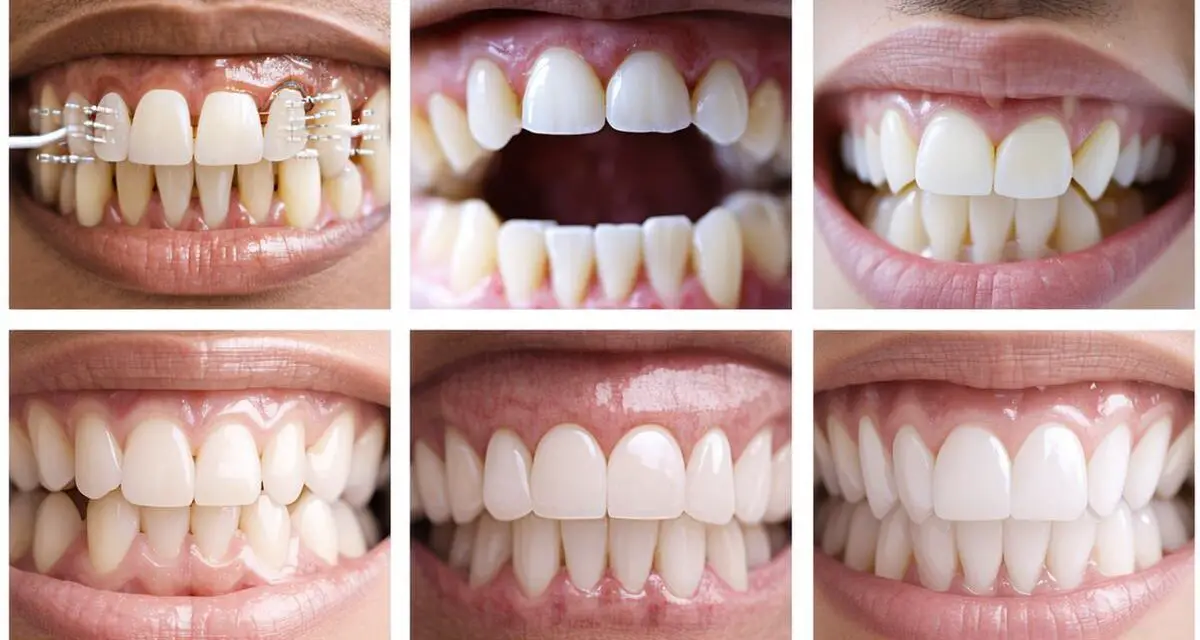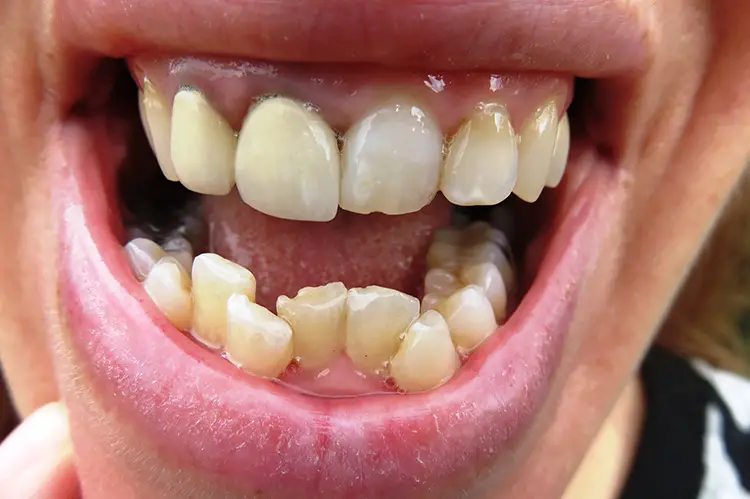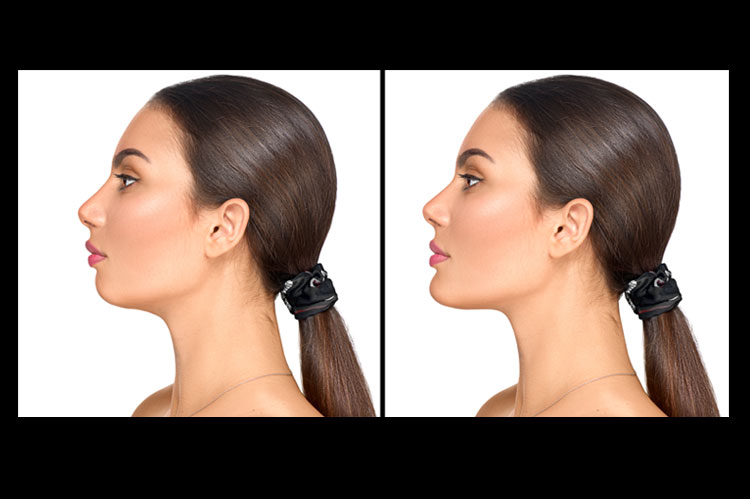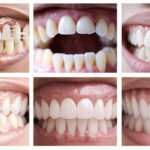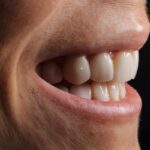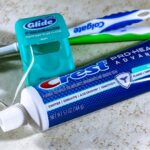Understanding Veneer Alternatives
Exploring alternative solutions to veneers can lead to a more confident smile. Let's examine some common options such as dental crowns, bonding, teeth whitening, clear aligners, and the innovative Bioclear method. Each offers unique benefits and considerations that might appeal to you as much as veneers do.
Dental Crowns
Crowns, or caps, fit over teeth and are typically made from porcelain or metal. Sturdier than veneers, they improve both appearance and function of heavily damaged teeth. They're ideal for teeth needing extra structural support. Crowns cover the entire tooth, ensuring greater durability compared to veneers. Cost-wise, metal crowns might be more affordable than their porcelain counterparts.
Dental Bonding
This quick solution uses tooth-colored resin to conceal imperfections like chips or gaps. Bonding is less complicated than veneers, both in cost and procedure time. However, it's less durable than veneers, usually requiring touch-ups every few years. Be aware of staining since bonding material doesn't resist discoloration as well as veneers.
Teeth Whitening
Professional teeth whitening works well for surface stains, brightening your smile without the expense and permanency of veneers. It's quick and convenient, allowing you to keep your natural teeth with a noticeable improvement. However, tough stains might persist even after treatment.
Clear Aligners
Invisalign and similar products excel at straightening teeth. These nearly invisible trays gently guide your teeth towards a straighter smile. Aligners outperform veneers when correcting misalignment is the goal. They discreetly do their job while you eat and drink, thanks to their removability.
Bioclear Method
Bioclear is a newer approach that encases your teeth in composite material. Unlike traditional bonding, Bioclear wraps the whole tooth, filling gaps and "black triangles." It's less permanent than veneers since it doesn't require enamel removal, and repairs are simple if something chips.
Weighing the Pros and Cons
Dental crowns combine aesthetics and strength, perfect for revitalizing tooth function and appearance. They're excellent for teeth needing extra durability, though the process requires significant enamel removal. Porcelain crowns offer a natural look but might be pricier than metal options.
Dental bonding is less invasive and more affordable. It's quick and straightforward, easily fixing minor imperfections. However, it's not as durable as veneers, so occasional touch-ups are necessary. Bonding may stain more easily than other options.
Teeth whitening is cost-effective and non-invasive, making it accessible for purely cosmetic updates. However, it may struggle against particularly stubborn stains.
Clear aligners offer a discreet way to correct crooked teeth. They're an investment in time and money, but their ability to create lasting changes in alignment without altering tooth structure is valuable. They require patience but don't permanently alter your teeth.
The Bioclear method is gentle on your teeth, avoiding enamel trimming. Its repair flexibility makes it relatively low-risk, and it fits snugly, wrapping your teeth for a strong appearance. It's particularly effective in reducing gaps.
These options vary in invasiveness, costs, durability, aesthetics, and potential risks. Each has its strengths, offering a unique mix of pros and cons. Consider which aspects are most important to you when making your decision.
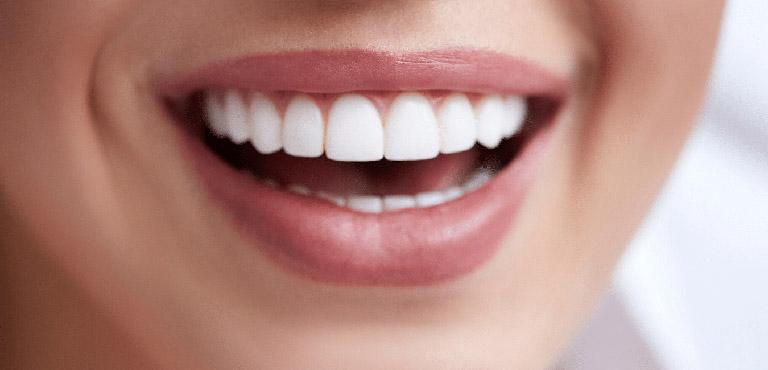
Choosing the Right Option
Selecting the best veneer alternative involves aligning your dental goals with your lifestyle. Your choice should reflect your smile aspirations, budget constraints, and comfort level with each procedure.
Start by assessing your dental concerns. Are you dealing with discoloration, structural issues, or aiming for a cosmetic update? Each condition might point you to a different solution. For instance, if staining is your main issue and money is tight, teeth whitening could be ideal. For chipped or severely damaged teeth, dental crowns might be the best choice—improving both appearance and functionality.
Financial considerations play a crucial role. Dental procedures can vary significantly in cost. If you want to improve your smile without overspending, consider bonding or Lumineers, which are more affordable than porcelain veneers yet offer aesthetic improvements. Remember that options like clear aligners require longer-term financial planning.
Personal preference should guide your decision. Do you prefer non-invasive procedures? Does less permanence appeal to you? The Bioclear method, which combines strength with reversibility, allows you to enhance your smile with less commitment than traditional veneers.
Consulting with a qualified dental professional is essential. They can provide insights specific to your dental structure, helping you avoid options that might compromise your dental health for cosmetic reasons.
By combining professional advice with your priorities, you're on track to achieving a smile that's both appealing and well-suited to your lifestyle.
Selecting the ideal alternative to veneers is a personal process that balances aesthetics, practicality, and comfort. By considering your specific dental needs and consulting with a professional, you can find an option that enhances your smile and fits seamlessly into your life.
- Highsnobiety. The Rise of Veneer Techs: Exploring the Black Market of Cosmetic Dentistry. May 2024.
- Samling Group. Veneer Sheet Market Report Overview. 2023.
- East Valley Dental Professionals. Dental Veneers: Alternatives and Considerations. 2024.
- Smile Generation. Alternatives to Veneers: A Comprehensive Guide. 2024.

